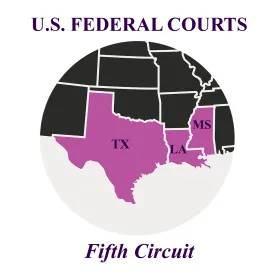On October 15, 2020, the United States District Court for the Southern District of Texas granted conditional certification to a class of assistant managers (“AM”s) in 550 wireless retail stores across the country. In Martinez v. Mobilelink, assistant store managers in the wireless retailers’ stores alleged that they were regularly required to work unpaid overtime. The employees sought to certify a class consisting of all current and former AMs employed by Mobilelink from March 2017 through the present.
Mobilelink opposed conditional certification on the grounds that, at all relevant times, it had an official policy requiring AMs to report all hours worked and prohibiting off-the-clock work. Therefore, Mobilelink argued, any off-the-clock work was contrary to company policy and would require individualized inquiry into each AM’s work circumstances. This kind of individualized discovery rendered conditional certification inappropriate, according to Mobilelink. The Court disagreed.
Instead, the Court granted conditional certification to the AMs, citing plaintiffs’ declarations which contained “uncontroverted evidence” that nine plaintiffs in 12 different store locations across six states regularly performed similar kinds of off-the clock work. Certain facts were particularly persuasive in finding the AMs’ overtime claims did not preclude class discovery and conditional certification:
-
All AMs were non-exempt employees paid on an hourly basis, plus commissions based on retail sales;
-
All AMs received the same training, regardless of the store in which they worked;
-
All AMs performed similar duties – assisting customers, selling phones, accessories, and wireless data plans, stocking products, and cleaning stores; and
-
All AMs performed similar off-the-clock work – participating in phone conferences, responding to work-related calls, emails, and text messages, and traveling pre-shift to other stores to obtain inventory to be used at the stores in which they worked.
The Court noted its own recent precedent in a similar case, holding that the existence of an official policy against off-the-clock work does not defeat conditional certification if the plaintiff provides substantial evidence that regular off-the-clock work is occurring. Because the Court found that such regular off-the-clock work occurred with Mobilelink’s AMs, it granted conditional class certification.
So, what is the takeaway? Nationwide retailers should beware that official company policies against off-the-clock work won’t necessarily defeat class certification. Although unpaid overtime may result from plaintiff’s individualized circumstances, in the Southern District of Texas, that individualized discovery is not enough to deny class certification where regular off-the-clock work occurs across the class.





 />i
/>i

